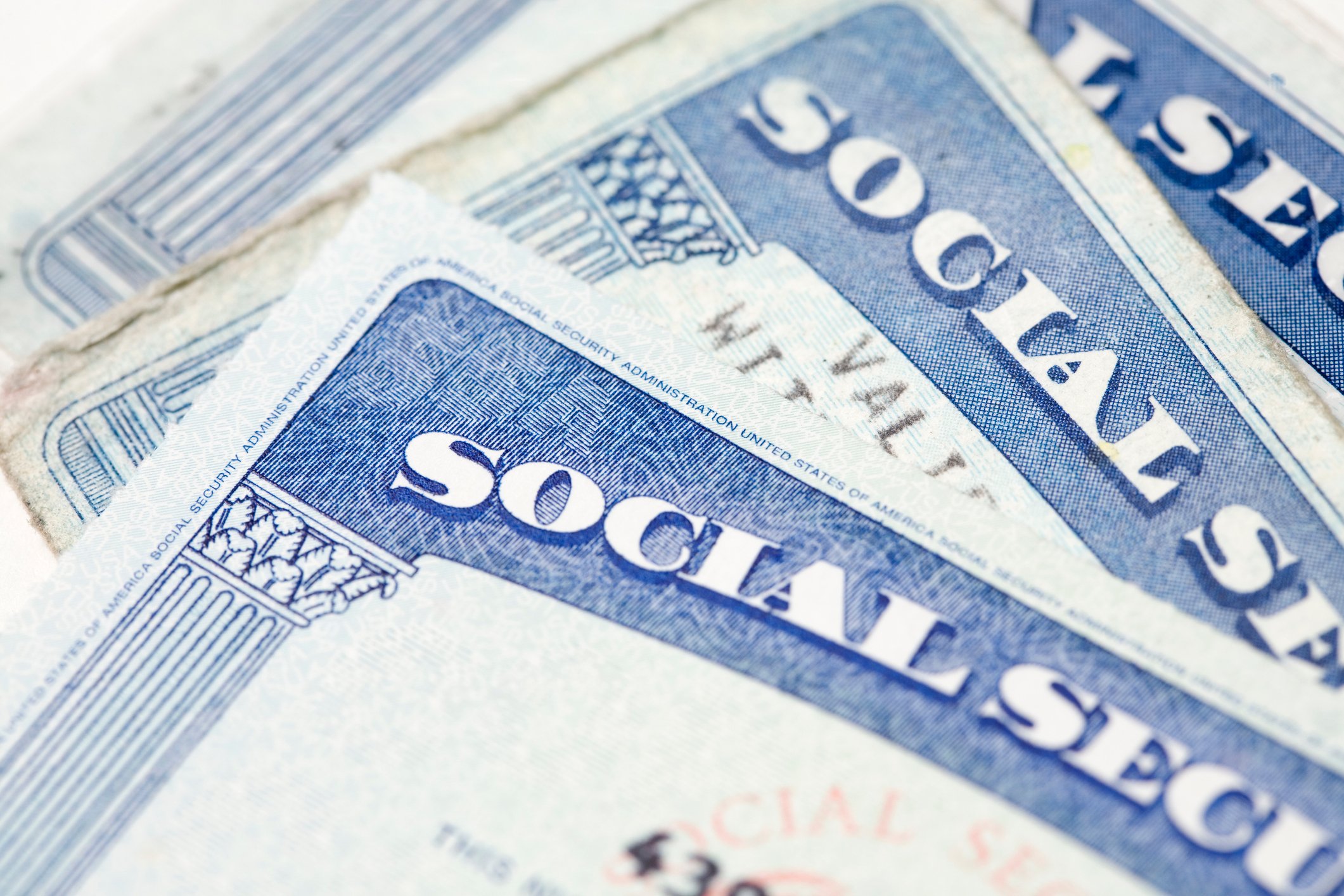Retirement can be one of the happiest stages of your life, but it can also be one of the most stressful if you're not prepared for it.
Nearly a third of adults age 50 and over admit they're not prepared for retirement, according to a poll from the Associated Press-NORC Center for Public Affairs Research. In addition, another 39% of older adults say they're only somewhat prepared for retirement, and just 29% feel very prepared. In other words, the vast majority of older workers aren't doing enough to adequately ready themselves for their golden years.
If you aren't prepared for retirement, the sooner you make adjustments to start catching up, the better. Wait too long and it may be nearly impossible to save as much as you need. The first step to catching up is to figure out whether you're on track for retirement, and if not, what you need to do to get back on the right path.

Image source: Getty Images.
How to tell whether you're prepared for retirement
It's tough to tell whether you're on track to retire comfortably or not, especially if you still have a couple decades left before you can even think about leaving your job. Before you can tell whether you're on track, though, you need to have a saving goal.
Your retirement number, or the amount you need to have saved by the time you retire, will depend on the lifestyle you expect to live in retirement. Everyone's situation is different, so how much you need to retire will likely differ from what your friends, family, or coworkers need. One of the simplest ways to estimate your retirement number is to use a retirement calculator. Of course, no calculation will be able to tell you with 100% accuracy how much you'll need to last through your golden years, but getting an accurate estimate is better than winging it and hoping for the best.
When you input your information into the calculator, the more accurate your numbers are, the more accurate your results will be. You'll likely be asked information like what age you plan to retire, how many years you plan to spend in retirement, and how much you'll need each year to cover all your expenses. Rather than guessing at this information, really think about the answers. For example, have you given any thought to your life expectancy? It's not the most pleasant thought, of course, but if you end up living longer than you'd planned, there's a good chance you'll outlive your savings.
Once you've calculated your retirement number, take a look at your current savings to see how they fare. Many calculators will give you an idea of what you should be saving each month to reach your goal, which can help you figure out whether you're on track. If you're currently saving $200 per month, for instance, but the calculator says you need to start saving $600 per month to reach your goal, you know what you need to do to get back on track.
Boosting your savings when money is tight
If you're nearing retirement and your savings are far from where you'd like them to be, chances are you'll need to save several hundred (or even thousands) of dollars per month to reach your goal. It may be tempting to throw in the towel if you're seriously behind on your savings, thinking that if there's no way you can reach your goal, there's no point in trying. However, saving a little is far better than saving nothing at all. And if you're willing to make some sacrifices, you can still save a significant amount by the time you retire.
The first step is to start tracking your expenses and figure out where your cash is going. If money is tight, it may feel like you don't have a penny to spare for retirement. But once you've mapped out all your expenses, you may find you're spending more than you thought on unnecessary costs.
Divide all your expenses into different categories to see how much you're spending in each category. Then try to cut at least a little from each area of your budget. Some spending areas, such as your mortgage or rent, you won't be able to reduce, and that's OK. But for the rest, try to lower your bills as much as you can to put the extra money toward your retirement savings. You don't need to slash your expenses dramatically in each category, either. Sometimes just saving a little bit in multiple spending areas can add up to a couple hundred dollars per month.
If you're seriously behind on your savings and it's going to take more than a couple hundred dollars per month to reach your retirement goal, you may need to take drastic measures and slash your budget down to the bare essentials.
When deciding how much you're willing to sacrifice to improve your chances at retiring comfortably, think about how these current sacrifices will affect your future. If you don't save much now, you'll likely end up relying on Social Security benefits in retirement -- and the average Social Security beneficiary receives just $1,461 per month. So you'll likely need to make sacrifices at some point, either now as you're preparing for the future or once you reach retirement.
Preparing for retirement can be stressful, especially if you're behind on your savings. But even if you're off track right now, that doesn't mean it's impossible to catch up. The sooner you whip your finances into shape and boost your savings, the better your chance of enjoying a comfortable retirement.





